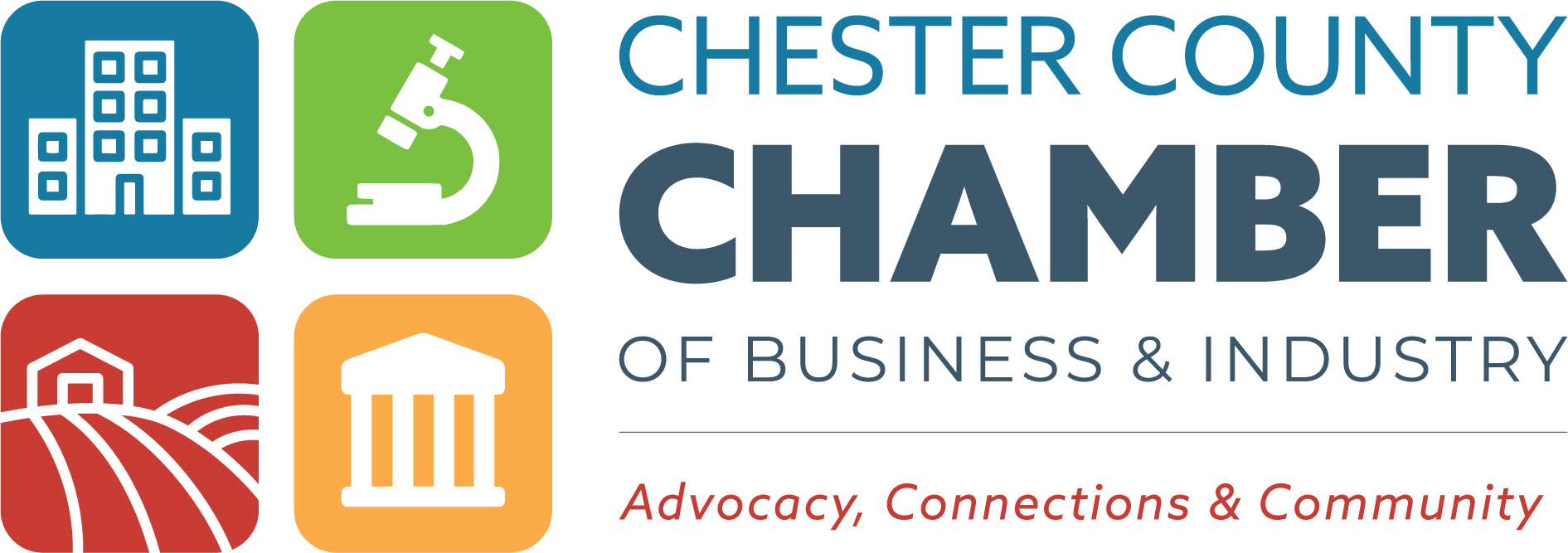Pennsylvania's budget is late. Here's what you need to know about the impasse.
07/05/2023

July 5, 2023
Pennsylvania Budget Impasse
A budget deal for Pennsylvania remained out of reach as the Commonwealth entered the new fiscal year beginning July 1st. The state budget is required for government operations from items such as taxes and spending and a prolonged impasse will impact tax credits for business and funding for libraries, schools, human services and county/municipal governments.
Governor Josh Shapiro, a Democrat, had seemingly reached a deal with the Republican controlled Senate that included $100 million for a Lifeline Scholarship program. This new program would give up to $15,000 per year in state-funded vouchers to eligible students which could be utilized for tuition at a nonpublic school. While the education fundings was a major goal of House Democrats due to a decision in Commonwealth Court that ruled Pennsylvania’s public education funding system is unconstitutional, the school voucher program presented to them apparently late in the budget process was a non-starter.
The Senate did send back to the House an amended version of a General Fund bill (HB611) reducing the amount earlier approved by the House from $46.9 billion to roughly $45 in spending. HB611 passed 29-21 with Democrat Senator Anthony Williams as the lone Democrat voting with the Republican majority. The Senate also passed other budget related bills and the package includes funding for Level Up PA, Whole Home Repairs, Property Tax/Rent Rebate Program (PTRR), and maintaining the federal disaster emergency for the Interstate 95.
The Senate then recessed until September 18th, despite Governor Shapiro calling for all parties involved to “remain in our State Capitol and work to compromise,”
During a press conference, Senate Majority Leader Joe Pittman stated, “Let’s face reality: the governor and the House majority are of the same political party. We’ve done our work. We’ve made our priorities clear. We’ve completed our message. We will go home and let them figure out where to go from here.”
The House of Representatives are returning today, but it is unclear what they will work on to reach a potential deal with the Senate and Governor.
Shapiro said in a statement, “After a dozen years of total Republican control of the Legislature, Senate Republicans need to give more than they’re used to — and after a dozen years in the minority, House Democrats can’t expect to get everything they’ve wanted over the last decade in one budget.”
If/when they go back the negotiating table, a final agreement could include several items, including job recruitment initiatives, cell-phone taxes, permitting reform, voter ID, child care tax credits, lowering of the corporate net income tax, changes to net operating losses and an increase to the minimum wage.
Indeed, the House of Representatives voted to increase the minimum wage. The legislation will increase the rate to $11.00 per hour effective January 1, 2024, $13.00 per by January 1, 2025 and $15.00 per hour effective January 1, 2026, but permanently index it to inflation thereafter. It also increases tipped wages to 60% of the minimum wage. After some heated debate, the bill was passed by only 103-100 before heading to the Senate.
As the General Assembly and Administration continues to deliberate and vote on key issues, CCCBI staff have been continuing to advocate for pro-business policies such as:
• Economic Growth
• Improving Business Tax Structure
• Regulatory Reform
• Energy
• Promoting Tourism
• Modern, Safe and Reliable Infrastructure
• Responsible Development
• Research and Development
• Workforce, Employment and Education
